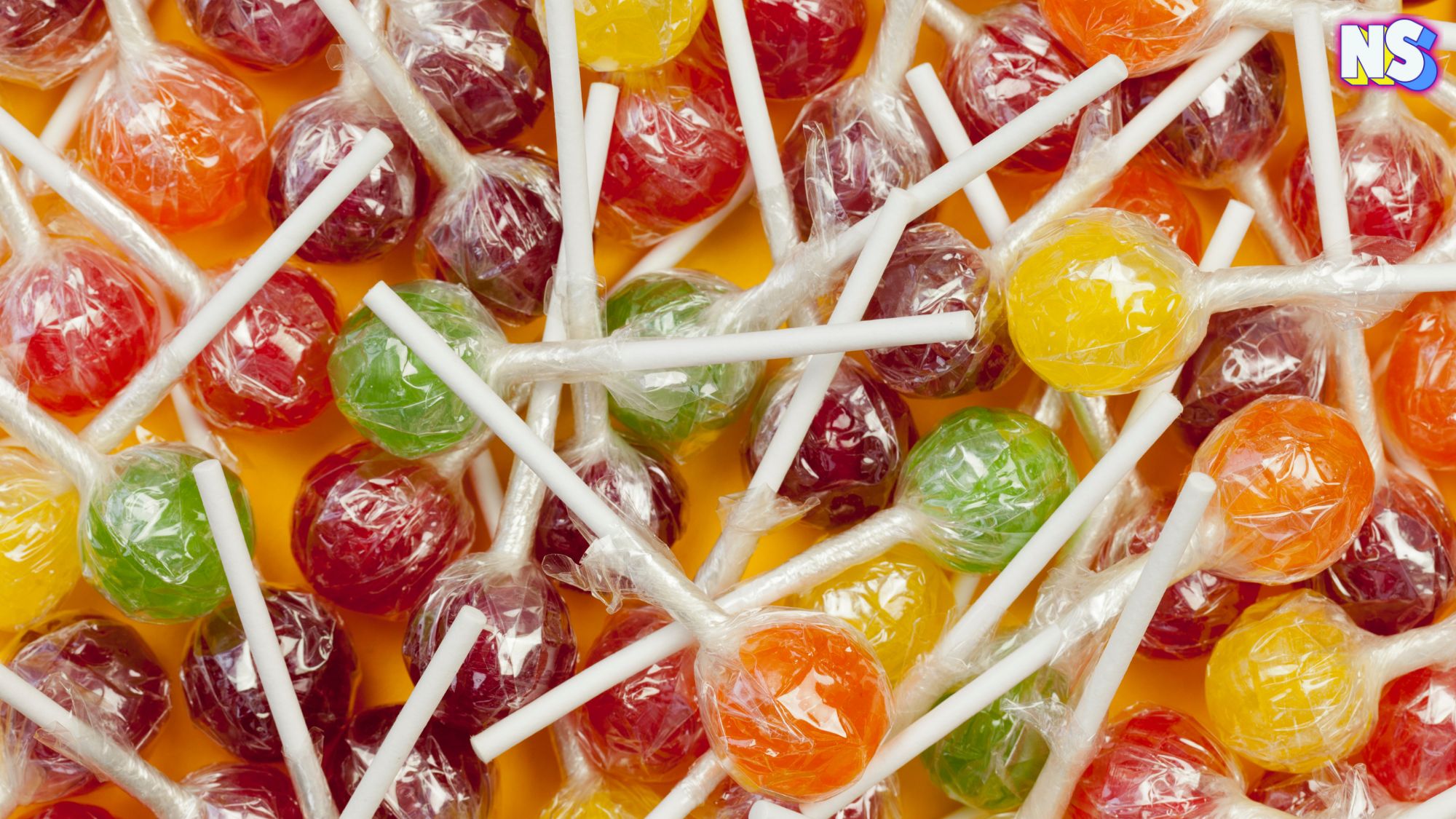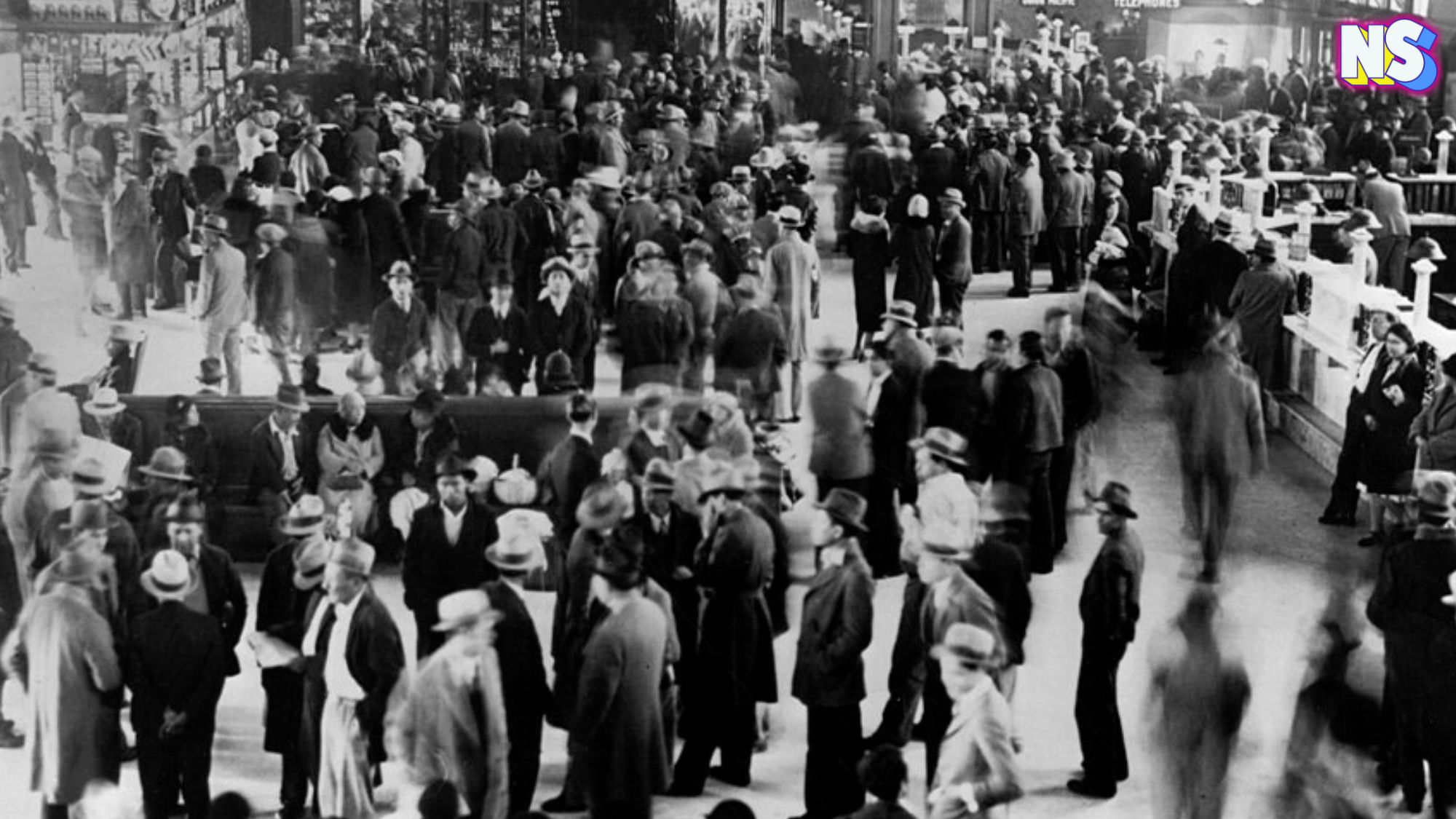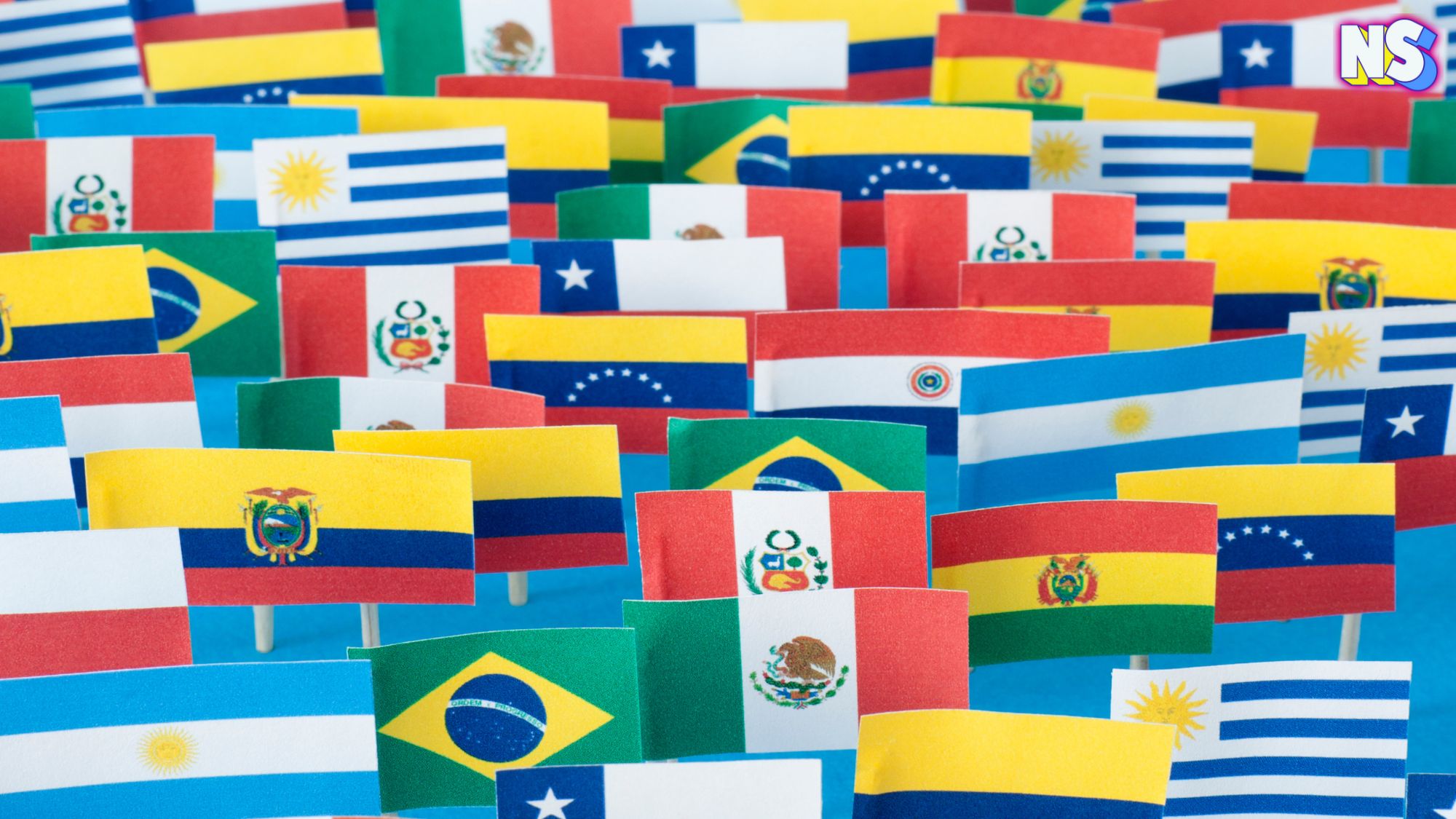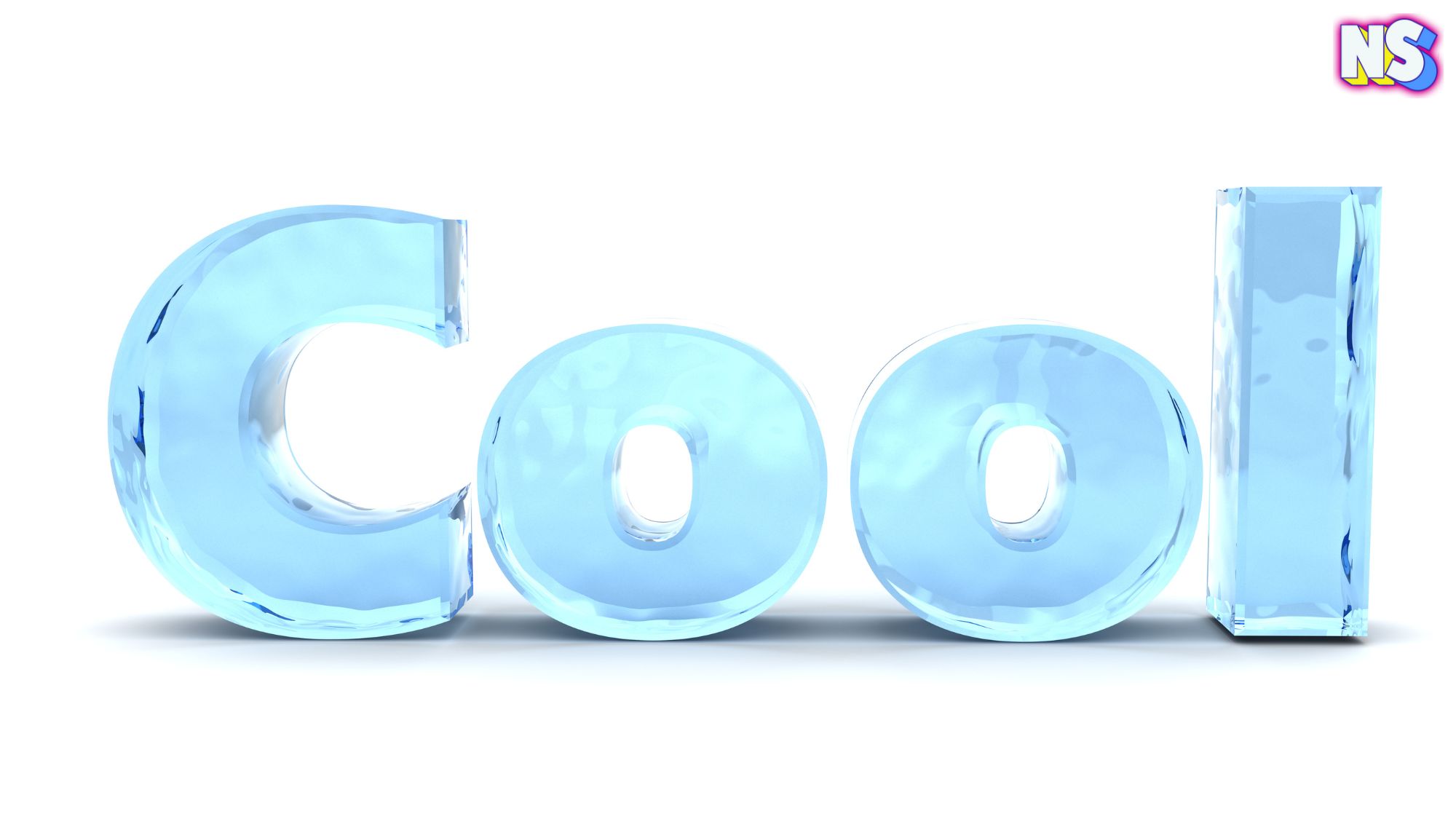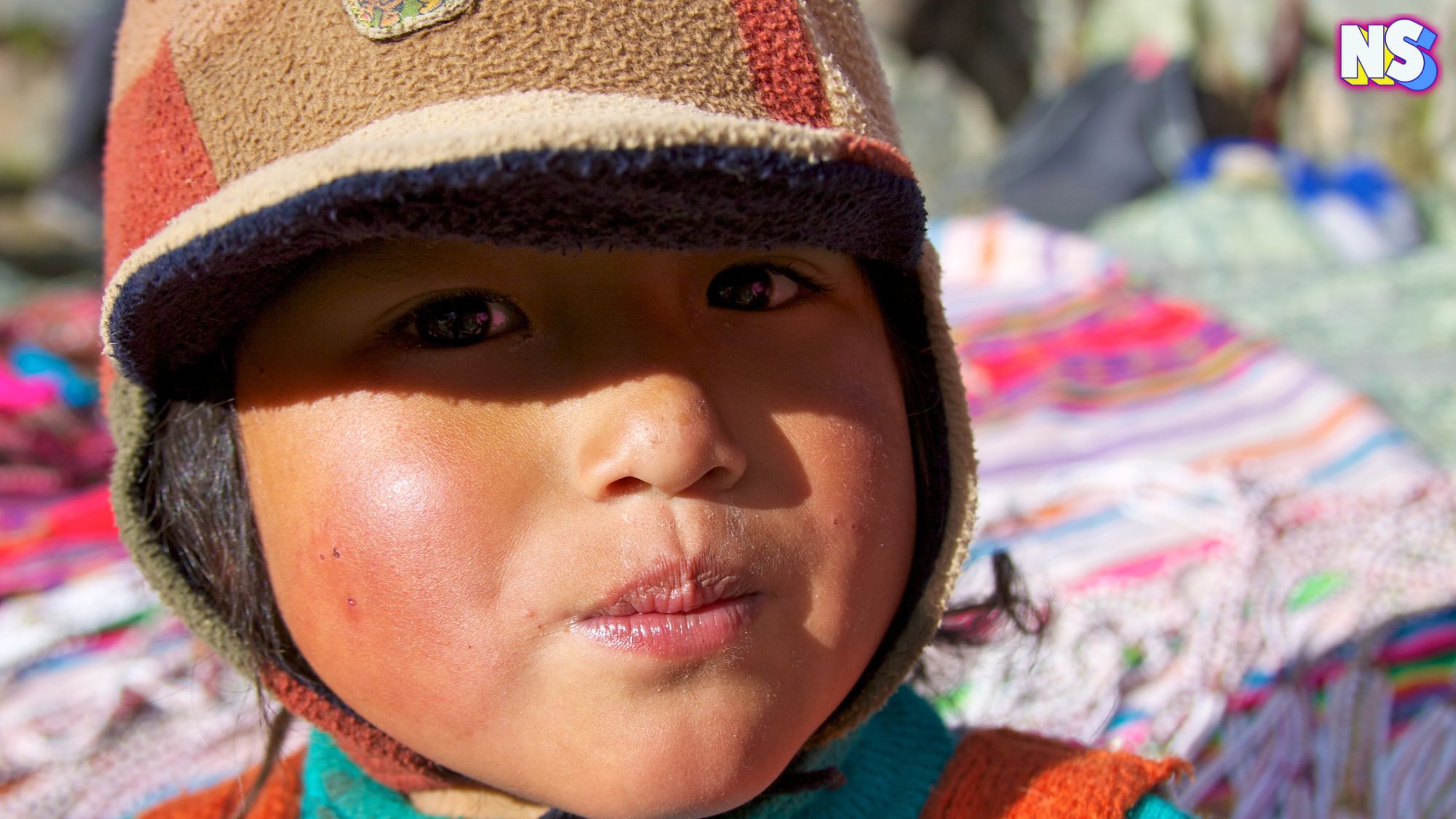Over 12 years ago, YouTubers Juan Andrés y Nicolás Ospina concluded that “Spanish is difficult to speak.” The musicians presented this declaration in song form, in a clever video running over 8 minutes on their YouTube channel Intentalo Carito. They explained how one word in one country could mean something completely different in another country. Like a simple menu item in a Mexican restaurant can get you slapped if repeated on a trip to Spain. Traveling across Spanish-speaking countries brings many surprises, the two sang.
Since then, their 2012 YouTube video “Qué difícil es hablar el español” has over 10 million views and is still cited during language debates on popular forums found on online platforms like Reddit. As a fan and an avid researcher, I think of their tune often, especially when I’m stumped — and maybe offended — in Spanish. In their song, the duo suggests we just stay in your own regions. Luckily, thanks to online communities made up of Spanish speakers around the globe, and curious journalists like yours truly, understanding the nuances of speaking our difficult language has gotten a lot easier.
Take the word “lollipop” in English. If you’re from Colombia, you may think asking for a “chupa chupa” in Mexico would be totally fine. Please don’t. You just might get a dirty look, or worse — you could get thrown out of an Oxxo.
Yes, que difícil es hablar el español. But, with some help, you should be just fine when asking for a lollipop, at least. I’ve made you a list.
Different ways to say “Lollipop” around Spanish-Speaking countries
Understanding the regional ways to say "lollipop" will help avoid some pretty awkward situations around Latin America. The following is a list I've compiled today, thanks to our editorial team, friends, family, and some smart Reddit users.
- Bon bon or Bombon – In Nicaragua, the lollipop is a bonbon. But this means a chocolate bon bon in other places like in Miami and around the Caribbean.
- Chupeta – It's common to say chupeta in Venezuela, but in Brazil, it means pacifier. In other countries, it might mean something entirely different, so be cautious.
- Paleta – In the Dominican Republic, “paleta” refers to a lollipop, but in Mexico, it’s a popsicle.
- Chambelona – In Cuba, they use "chambelona." However, some Cuban-Americans in Miami might ask for a “loh-lee-poh.” (You know who you are.)
- Chupa chupa – Used in Colombia and elsewhere, chupa chupa is a lollipop, but it’s better to avoid this term elsewhere. However, asking for the brand "Chupa Chups" lollipops at any bodega around Latin America is perfectly fine.
- Chupetin – In Peru and Argentina, you can confidently buy a "chupetin."
- Pilon – Pilón, or pilones, is Puerto Rican slang for the most popular type of “lollipop” on the island.
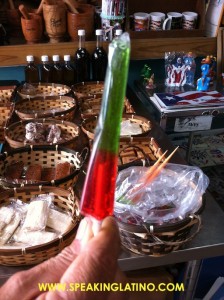
- Chupete – This term is used in Mexico and parts of Central America. But, in Spain, a “chupete” is a pacifier, while a “chupeta” serves the same purpose in Portugal.
- Chupachus – In Spain, lollipops are known as "chupachus," but “paletas” and “chupetas” mean different things.
- Piruleta – The “piruleta” is another term for a lollipop, and is generally safe to use across various Spanish-speaking countries.

